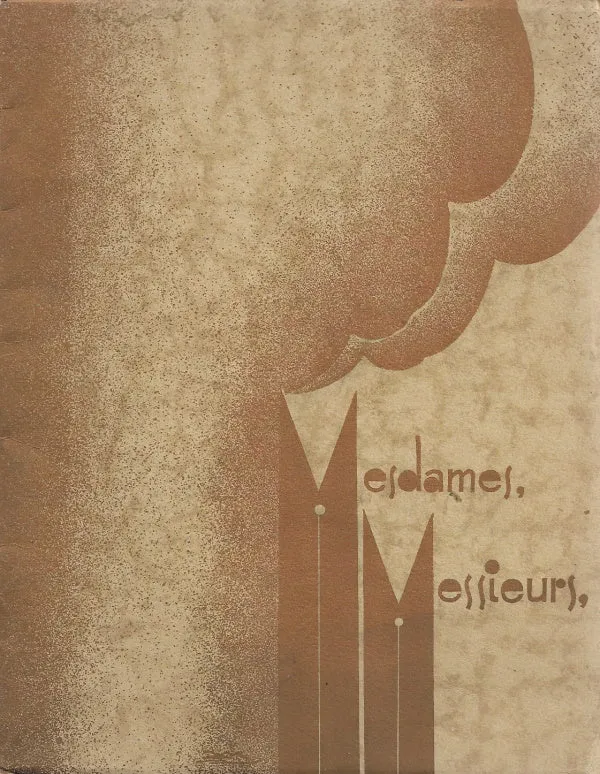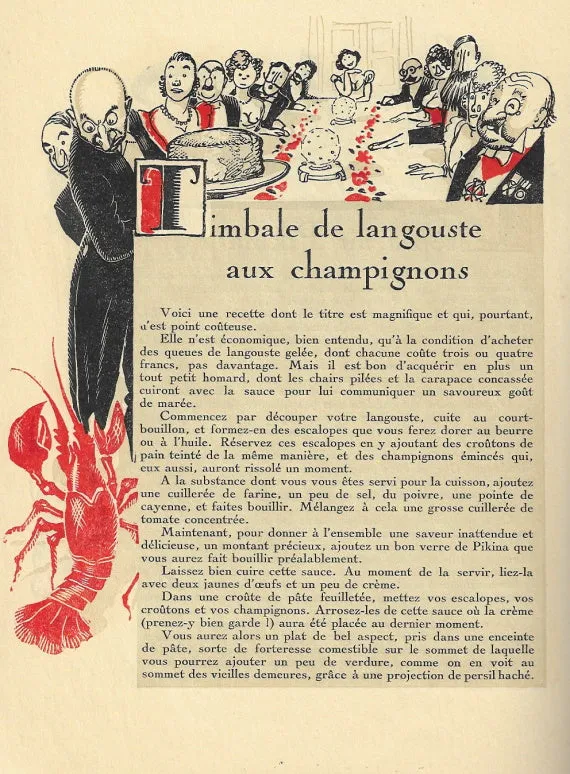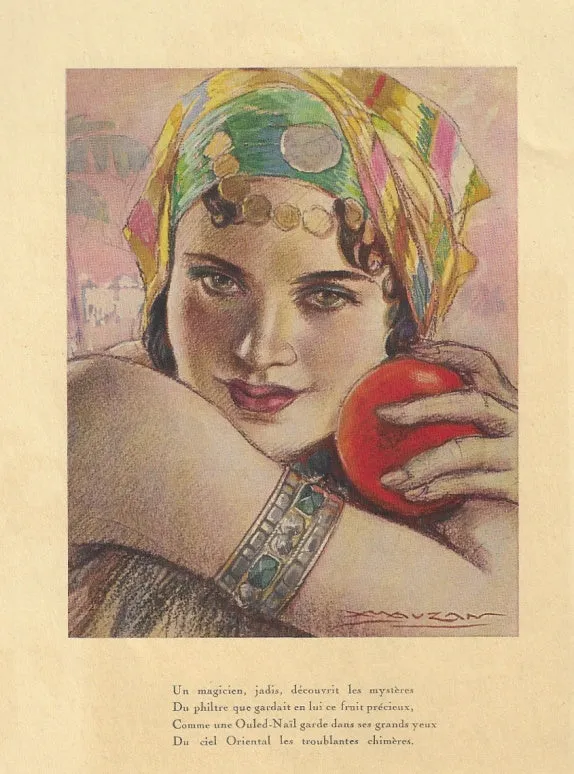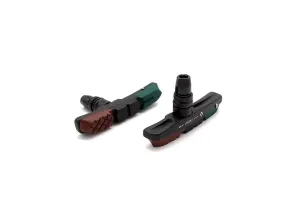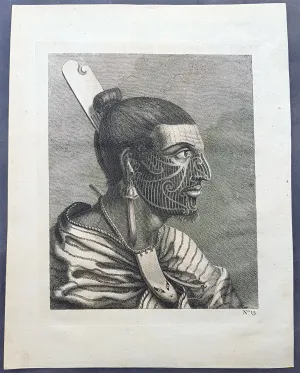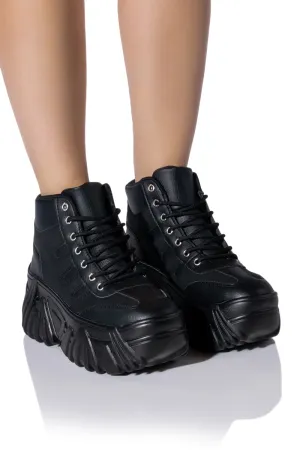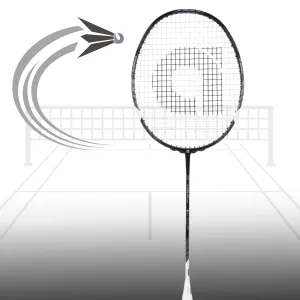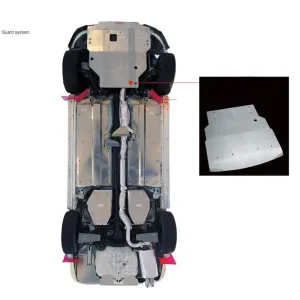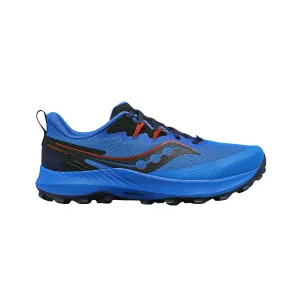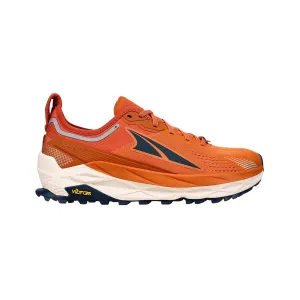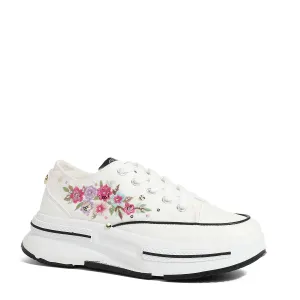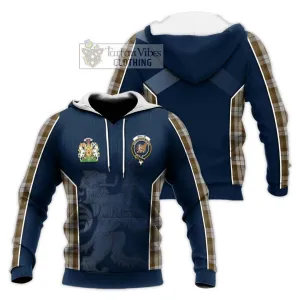This is, without doubt, a prize gift for any passionate cocktailer—an exquisite advertising piece published in Paris in 1934, for the elusive bitter aperitif Pikina, a brand name for Amer Picon, sometimes called “African bitters.”
Amer Picon was readily available in the early days of cocktail books and turns up in their pages often. No longer to be had in its original form and unavailable in the United States, even in its current version, it is now widely sought and frequently approximated by adventurous bartenders who wish to incorporate it into such venerable cocktails as the Brooklyn, or to splash it into a beer, giving the brew a whole new life.
Invented in Algeria in 1837 by a colonial soldier named Gaétan Picon who had apprenticed in French distilleries prior to joining military service, Amer Picon is an infusion of Algerian oranges distilled and further infused with gentian and quinine. According to company legend, the beverage was a vehicle for quinine, used to combat malaria.
By the 1870s Picon had several factories in France, and the high-alcohol (around 40% ABV) aperitif had achieved massive popularity. In time—presumably to compete with the inevitable copies—the brand name Pikina was introduced, though it is as Amer Picon that the aperitif is still known today. Despite the fact that the alcohol content was gradually reduced, by the 1920s it had become a leading seller.
This 1934 brochure for Pikina is a magnificent piece of art publishing. Measuring 9-5/8” by 7-3/8” it has the appearance of being a lavish menu. The cover is printed in copper ink on heavy stock. The interior—24 pages on luxurious paper—has four parts: a brief essay and half a dozen gracefully written recipes, such as eels in a rich plum sauce, by Paul Reboux, a leading literary critic and cookbook author; memories of his very first Picon by novelist and playwright Maurice Magre; a medical opinion by one Doctor Laurent; and a brief, witty verse at the end by poet Jacques Richepin. Every page carries an illustration printed in striking black and orange by a leading poster artist, Achille Mauzan. All in French of course, but that seems only fair.
Our copy is better than any we have ever seen described. It could be called a strong Very Good, meaning that it is in near-original condition, with barely visible flaws. A special, quite scarce item that we must confess we hate to be selling because we so enjoy looking at it ourselves. It should make someone who is deep into mixology very, very happy.
 Cart(
Cart(